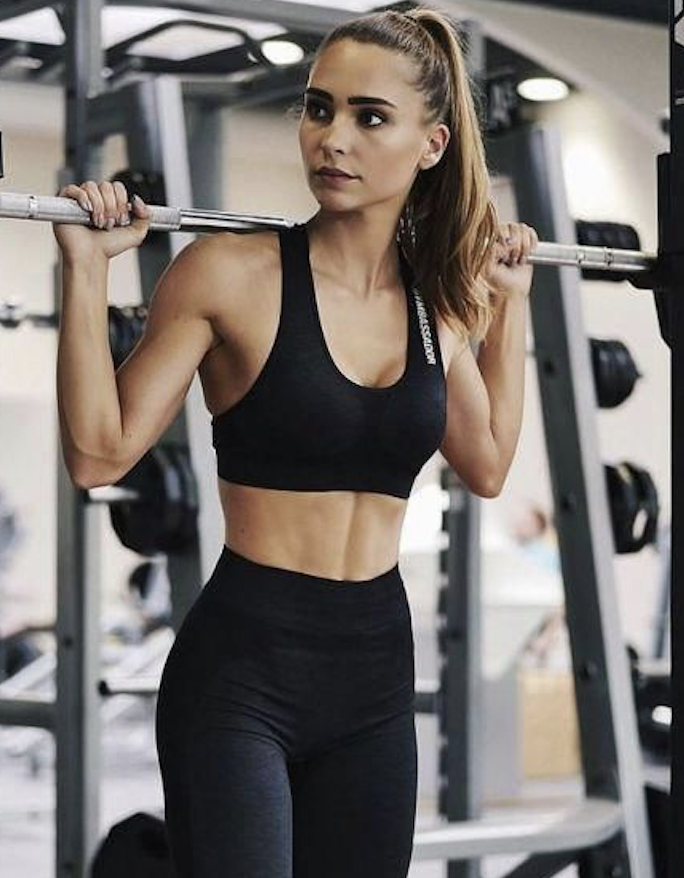Your post-workout routine may be damaging your progress. Here are 5 ways to improve your recovery routine if you want to reach your fitness goals.
Skipping cool down exercises
You’re probably barely squeezing in an hour of gym time before rushing back to work. Surely that extra ten minutes for a cool down just isn’t worth it? Right? Wrong.
During exercise, your body temperature goes up and your heart rate increases. Your body needs help to get both back to normal before you hit the showers. Otherwise, you will feel lightheaded because your body can’t pump blood back to your brain and heart fast enough.
Use a fitness tracker to make sure your heart rate goes back down to at least 100 before wrapping up your workout. Experts recommend finishing off your workout with some light cardio or stretching so that your heart rate doesn’t plummet back down to its resting heart rate.
Aside from your heart rate, cool downs are also important because they assist in muscle recovery, making your muscles feel less sore and achy after exercise. Apart from static stretches, fitness trainers and athletes recommend getting a massage to relax muscles and prepare their body for the next workout sessions.
But since not many gyms are offering post workout massages – even if they were, none of them are currently offering the add-on service due to Covid – using exercise recovery devices like a massage gun is the next best option.
These are handheld percussive therapy devices that deliver vibrations deep into muscle tissue to break down lactic acid build-up (lactic acid buildup in muscles is what causes soreness and pain). Not only do these devices help with post exercise recovery, getting a massage just feels great and helps improve your mood. Win-win, actually.
You don’t eat right away
Do you wait several hours to eat after exercising? Worse – do you skip meals? If you answered yes, then you’re probably not allowing your body to recover, and consequently sabotaging any weight loss goals you may have.
Eating within two hours of exercising is recommended for recovery. Carbohydrates replenish your lost energy stores, while protein repairs the micro tears in your muscles from your workout. A recommended amount of 0.5 grams of protein per kg of body weight should be consumed after exercise to help with the muscles’ healing process.
If you wait too long after exercising to eat, your muscles won’t have help to heal. If you’re not refueling, this will cause the muscles to break down further. You’ll feel achy and sore far longer and it’d take more time to get back to your workout again.
You choose sports drinks over water
Many people do not realize this but sports drinks are not actually designed for recreational sports and as a go-to option to rehydrate after a regular workout. This is because sports drinks contain calories and carbohydrates that athletes need to replenish energy after their intense training or sports events.
According to Harvard Medical School, consuming sports drinks after a regular workout basically defeats the purpose of your hard work because sports drinks contain nearly half the calories and sugar you would find in a bottle of soda or fruit juice.
Rehydration is an important part of post exercise recovery. But unless you are training for a marathon, or doing intense resistance training for more than an hour at a time, it is best to stay away from sports drinks. Drink plain water instead, or coconut water (check the labels – drinks shouldn’t contain unnecessary sugars) to rehydrate and replenish lost electrolytes.
You drinking booze after exercising
That happy hour after a gym workout is not helping. Sure, you can go with friends to the pub and have a good time, but stick to one drink. Protein and alcohol are both broken down in your liver. So, anything more than one drink post exercise will get in the way of your body’s recovery process.
When you drink too much, your liver will process the alcohol first – not the protein shakes or protein-rich food you consumed after your workout. Alcohol basically slows down your muscle recovery process, so if your body isn’t processing what it actually needs right away, it won’t recover properly.
You take ibuprofen for post exercise soreness
Some studies show that taking ibuprofen for muscle soreness could inhibit the body’s ability to process protein. This slows down the body from rebuilding the micro tears in the muscles post exercise. And if this process is slowed down, you’d have a longer down time and won’t be able to get back to exercising for days, even weeks.
Choose natural methods of dealing with muscle soreness: light stretches, massages, applying hot packs and light exercises.


